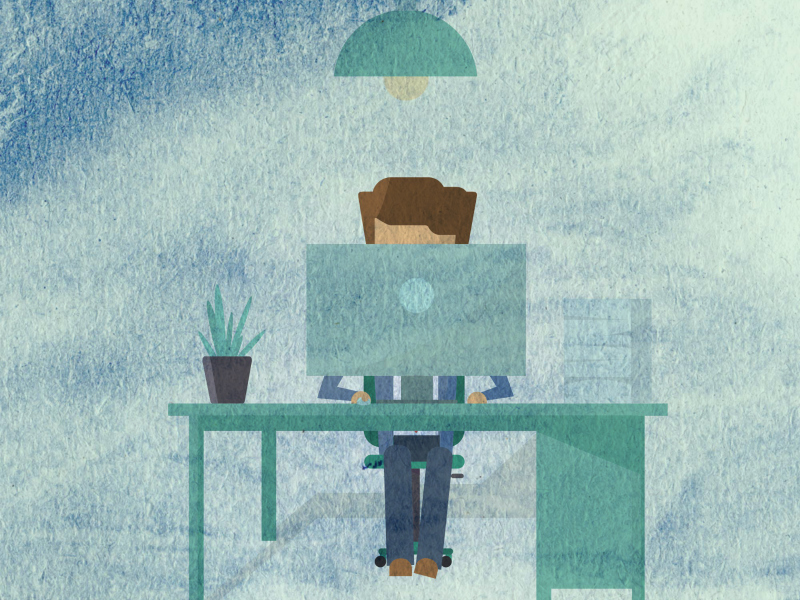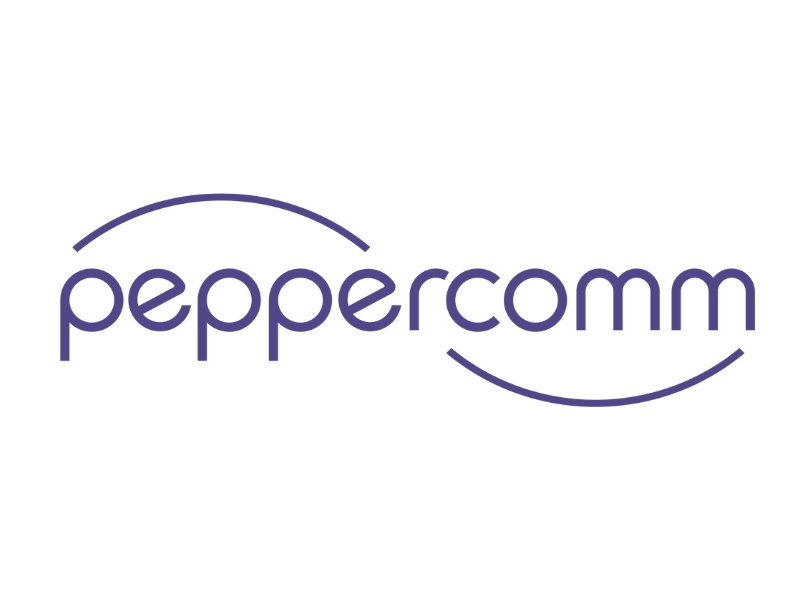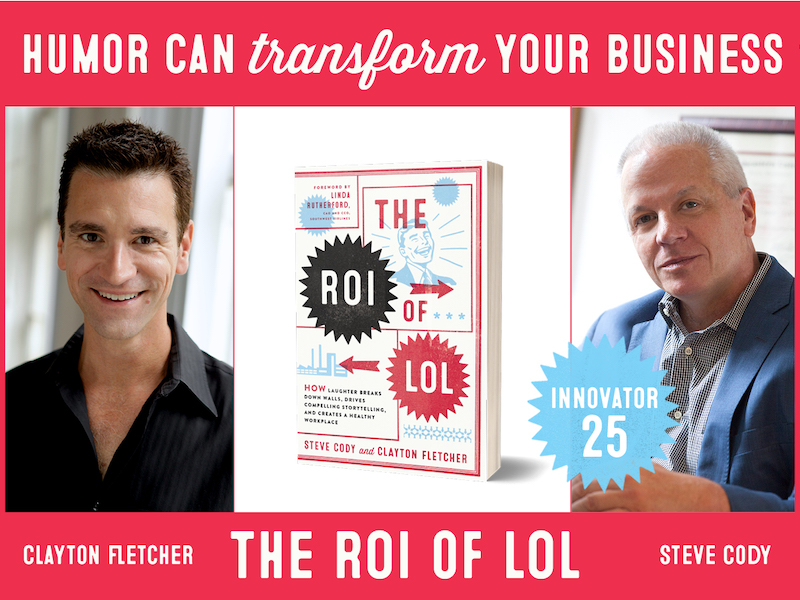Ballou PR 18 Nov 2019 // 6:08PM GMT

For Fiona Houston, the stress often started building at 6 am when her boss at a London-based creative agency would flood her with email messages about the upcoming day.
“It made me feel like I was already behind and the day hadn’t even started yet,” said the 28- year-old account director.
She lasted 14 months at the company before its high-pressure, no-limits culture took its toll on her health and happiness. Seeking a better work environment, Fiona decided to return to her previous employer, Ballou, an international PR agency that works for fast-growing technology companies.
“The culture was one of the main reasons I came back,” Houston said. “Some agencies run on a culture of intimidation and I think that’s not conducive to productivity long-term.
“At Ballou, I feel like the employees come first, everyone speaks to each other as an equal, and there certainly isn’t the culture of face time.”
The public relations industry is known for its frenetic workdays, late nights, and perpetually growing to-do lists, all in the name of serving clients and seeking growth. But in some quarters, concern is growing about the impact this is having on staff. In research conducted by trade publication Digiday+, 32 percent of agency professionals reported being worried about their mental health, with junior staffers making less than $50,000 reporting higher levels of distress.
There is a movement afoot at some agencies to do things differently. Ballou has spent a lot of time, effort and resources to foster a more positive and balanced culture, said Colette Ballou, who founded the agency in 2002 in Paris.
Ballou has since grown to employ 50 people and now also has offices in London and Berlin. Annual turnover is over £4 million, and its clients include Mozilla, the company behind Firefox; web infrastructure provider Cloudflare, and hotel comparison site Trivago.
For Ballou, its employee-friendly approach to everything from parental leave to training has actually benefited the bottom-line, says Colette Ballou. “The agency delivers consistent profit margins in the high teens and twenties,” she added.
The drive to protect work-life balance starts early in life at Ballou when managers tell new employees that the agency’s hours really are 9 am to 5.30 pm and they are not expected to answer emails after 7 pm or on weekends. If there truly is a client emergency, then Ballou staff will be alerted by a call. WhatsApp communication with clients is banned because Ballou managers noticed that it fostered an unhealthy dynamic where staff felt they had to respond instantly to every request.
Beyond the issue of hours, Ballou also decided to invest heavily in in-house training programmes -- dubbed “Ballouniversity” -- to help its staff develop skills in everything from public speaking to negotiation.
By inviting staffers from all three offices and paying for their travel to the day-long workshops, the initiative also fosters close ties between the teams in London, Paris, and Berlin. This was deemed important not only for morale, but for Ballou to be able to service clients like Mozilla, which was using the agency in all its three markets, effectively. It means staff from different offices get a chance to meet face-to-face and discuss their shared clients in person.
In 2018, Ballou spent more than £1300 per head on staff training whereas the average spend for agencies contributing to the PR Week Best Places to Work report was only £800.
Alongside training, Ballou also hosts the whole staff for a two-day retreat in a European capital every year. This year’s event will be in Krakow, and previous editions have taken place in Athens, Budapest, and Madrid. “It’s a way to say thank you for the year’s work, as well as foster team spirit and inspire them for the year ahead,” explained Cordy Griffiths, Ballou’s chief executive.
But it is the way that Ballou conducts itself in the day-to-day that counts more for employee well-being than annual events.
Take the German office where there happen to be a lot of employees with young children. Out of the 13 staffers there, six are parents, including the general manager. Five have requested and been granted what German law classifies as “part-time” working arrangements available to parents, meaning they work 35 hours per week instead of the usual 40 hours.
This flexibility is a great help to people like Verena Singmann, an account manager in the Berlin office who has two daughters aged 7 and 5. By leaving one hour earlier each day around 4 pm, she can pick up her children at school, and she does not have to worry about it being frowned upon by her boss or colleagues.
“I think Ballou is very different because there is a lot of trust and understanding here,” said Singmann. “If my hours change week to week because I want to see my kid’s school play, then it’s fine, I just tell the team and we work something out. There is a lot of understanding that we all have a life outside of this agency.”
Nor are people on such flexible work arrangements excluded from the life of the agency. The managers try to plan team-building events that everyone can attend, such as breakfasts instead of after-work drinks that can be harder for parents.
Working from home is also allowed as long as it is cleared with managers, and does not disrupt the teamwork core to many public relations projects. In the London team, people typically take it in turn to work from home on Fridays.
Ballou is also trying to beef up its resources to spot when a staff member is struggling and find ways to help. A person from each office is being sent on a dedicated mental health in the workplace training day, and a free counselling service is available to all staff.
Cedric Voigt, the general manager for France, believes informal interactions over coffee or lunch are the best way for him to check in on how his staff of 17 are doing. But if he notices that someone seems out of sorts or withdrawn, he often sends a discreet email to see if there is anything he can do.
“I take the happiness and wellbeing of my team really seriously,” said Voigt. “We all have emotions and go through difficult times, and it’s up to managers to be sensitive to that.”


































.jpg)














